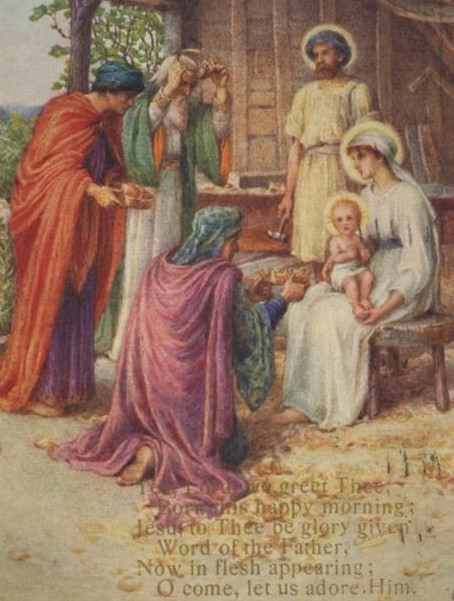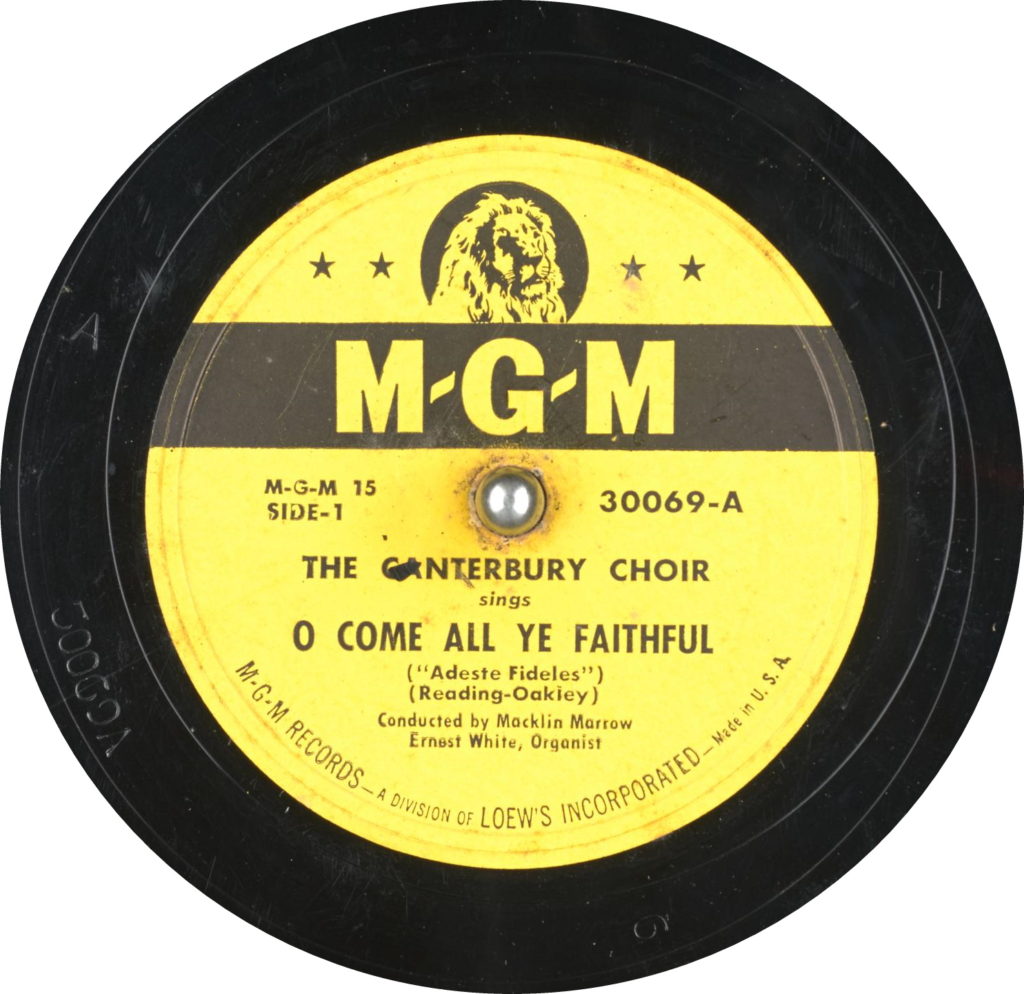Podcast: Play in new window | Download
Subscribe: Spotify | Email | RSS

Two of the four gospels contain accounts of Jesus’s birth. Does either of them portray Jesus as “becoming Incarnate” – in other words, having always been divine, he becomes human when Mary becomes pregnant with him? Do they teach that an eternal divine Person came to earth from heaven? That a divine nature “assumed a complete human nature, body and soul”?
In this episode we look for the sorts of ideas that would indicate that the gospels according to Matthew and Luke are committed to the Incarnation of Jesus. We’d expect to see some reference to (1) a before-state, where he is only divine, not human, (2) the transition, when he becomes incarnate, and (3) the after-state, where he is both divine and human, a godman, God in human baby form.
What if we don’t find any such ideas in the Jesus-origin-stories in Matthew and Luke? What then should we conclude about their christological commitments?
I discuss this inconsistent triad of claims. It seems that a thinking Christian ought to deny one of these claims.
- The New Testament gospels agree in their core claims about Jesus and God.
- Matthew, Mark, and Luke don’t teach that the pre-human Jesus voluntarily assumed a complete human nature in order to save us.
- John teaches that the pre-human Jesus voluntarily assumed a complete human nature in order to save us.
Which do you deny, and why?
Links for this episode:

- podcast 67 – Is Christmas a pagan holiday?
- podcast 235 – The Case Against Preexistence
- Clarifying Catholic Christologies
- Christmas Amazement
- World Religions 4a Hindu doctrines, schools, and history – Brahman, atman, and reincarnation
- Birth of Krishna
- a baby god – Ram (avatar of the god Vishnu) from Ramayana episode 1
- World Religions 6a Life of the Buddha, Buddhist History – the life of Gautama part 1
- Matthew 1-2; Luke 1-3; John 1; Philippians 2:5-7.
- a reading of Philippians 2:5-11
- Brown, The Birth of the Messiah
- podcast 128 – Ehrman and Bird on How Jesus Became God – Part 1
- podcast 227 – Who Should Christians Worship?
- This week’s thinking music is “O Come All Ye Faithful (Adeste Fideles)” by the Canterbury Choir.


Thanks for this introduction to possibilities. A lot of questions occurred to me while I listened to you. In some ways, I have struck myself dumb by translating the Tanakh. I will pare my questions down to just one: To what extent do claims to deity for Jesus result in the violence that we see on earth today?
I can’t resist a comment about time – that ‘today’ encompasses all time. (We count 300 but we misse, there is but one, and that one ever.)
I don’t really have a view on that either way. Certainly, in the past, when church and state have been joined at the hip, much blood was spilled. But I don’t know to what extent, if any, that was connected with claims to deity for Jesus. True, the original church-state marriage was enacted in the 4th c, and that Jesus was divine (that he had the divine essence) was their rallying cry. But they might have seized control by rallying around some other innovative doctrine – I don’t know. And in modern times, thank God, the church-state bond has been broken. And supporters of the deity of Christ simply aren’t able to use force to advance their cause, so they hardly think of it.
Pingback: Biblical Studies Carnival #167: December 2019 – Scribes of the Kingdom
Dale,
1) The NT gospels agree on the core beliefs about Jesus and Joseph.
2) Mark and John do not teach that Jesus was virginally conceived.
3) Matthew and Luke teach that Jesus was virginally conceived.
Which do you deny and why?
Grace and peace
Dale, What do you think of Andrew Perriman’s approach to the Christmas stories?
https://www.postost.net/2019/12/twelve-important-things-keep-mind-about-christmas-stories
Comment re: 276 (I can’t seem to listen real-time — please consider leaving comments open or some other blog option).
I really liked this episode. The social trinity and a proof based on love seems really desperate to me. But, it begs two questions. First, if God can’t be complete without expressing His love in eternity, then what do you do when considering that the greatest expression love is to lay down your life for another — that didn’t happen prior to Creation. So, was God incomplete by failing to be able to express the fullness of His love? Case closed. But, I think they would claim that God is likewise essentially Creative. How can He be complete in His creativity prior to Creation? Case closed again? And so on… I hate to say “What’s Love Got to Do With It?”
A pre-incarnate Christ may not be assumed by the Synoptics, but the incarnation itself does appear to be clear from other scripture such as John. God or the Logos enfleshed in the man Jesus is there — the question is what that means — being enfleshed or embodied doesn’t assume some sort of “trans-carnation” — an enfleshing from a prior non-fleshed existence or an embodying from a previously non-bodied existence. But, it does mean something and that’s worth noting while discussing the lack of incarnation thought in the birth narratives of the gospes..
I guess I spoke too soon on the incarnation in John — I didn’t realize I hadn’t heard the whole episode – sure enough,, Tuggy addresses John and this episode is really limited to the birth narratives in the Synoptics.
Comments are closed.